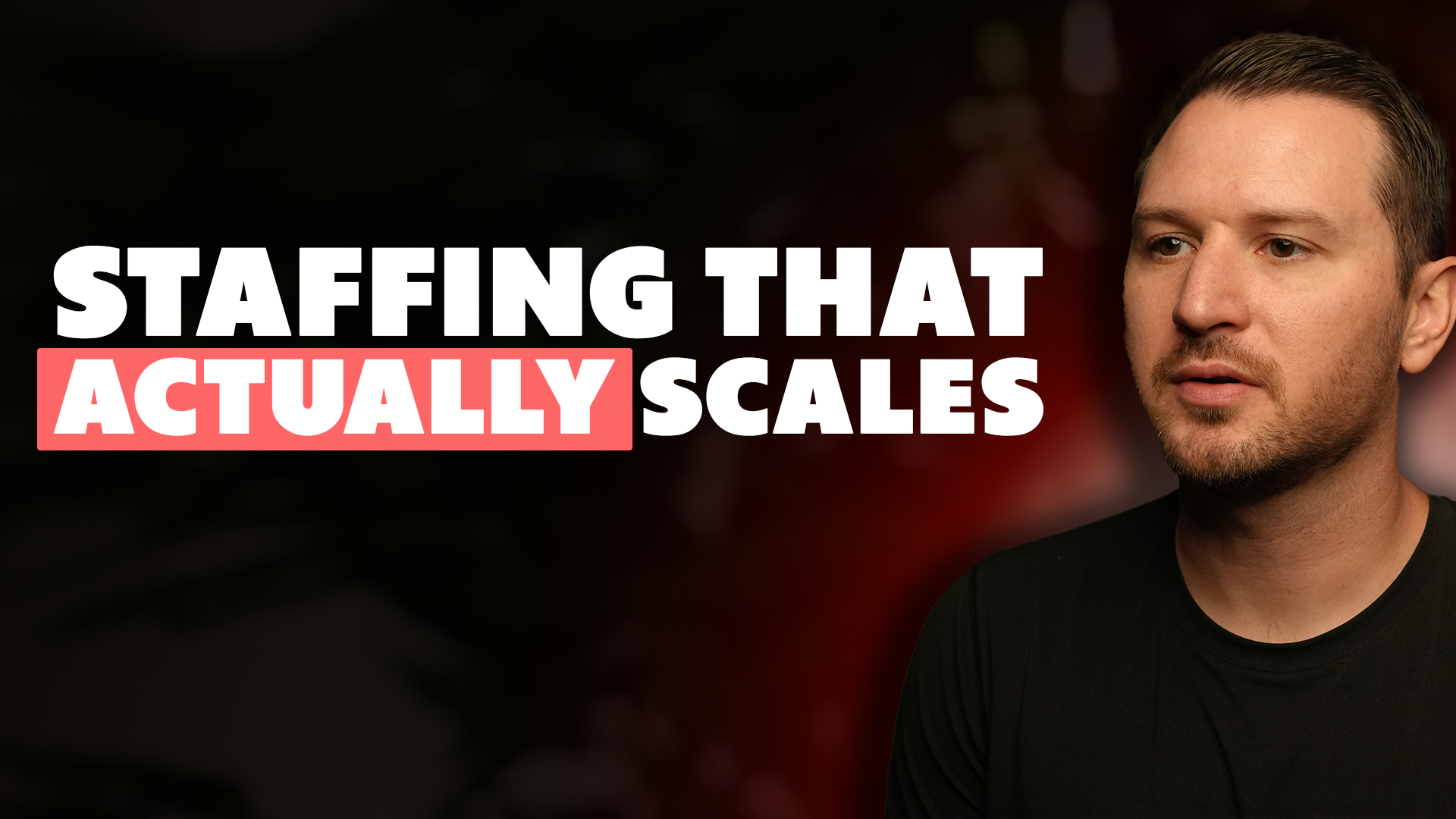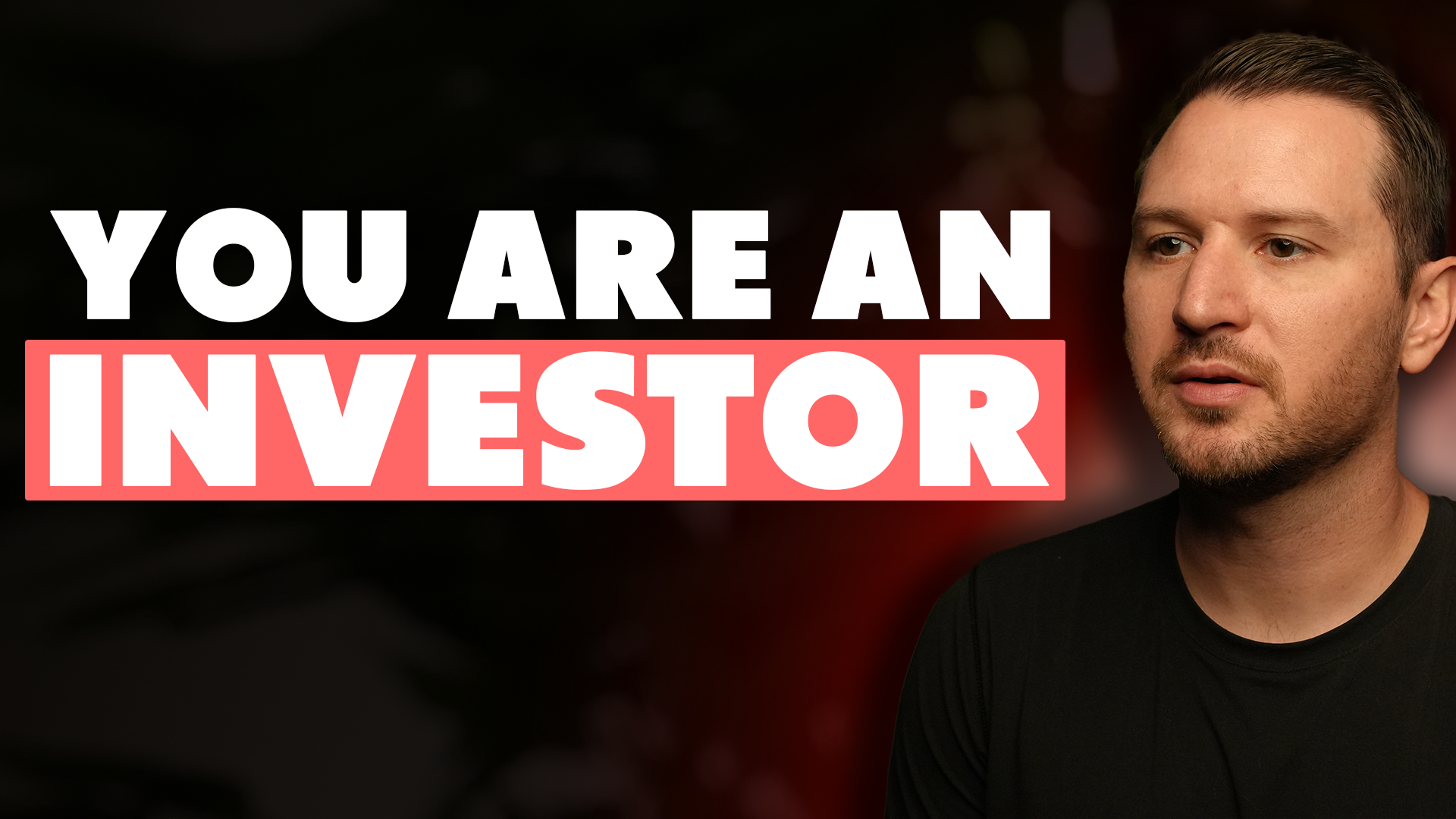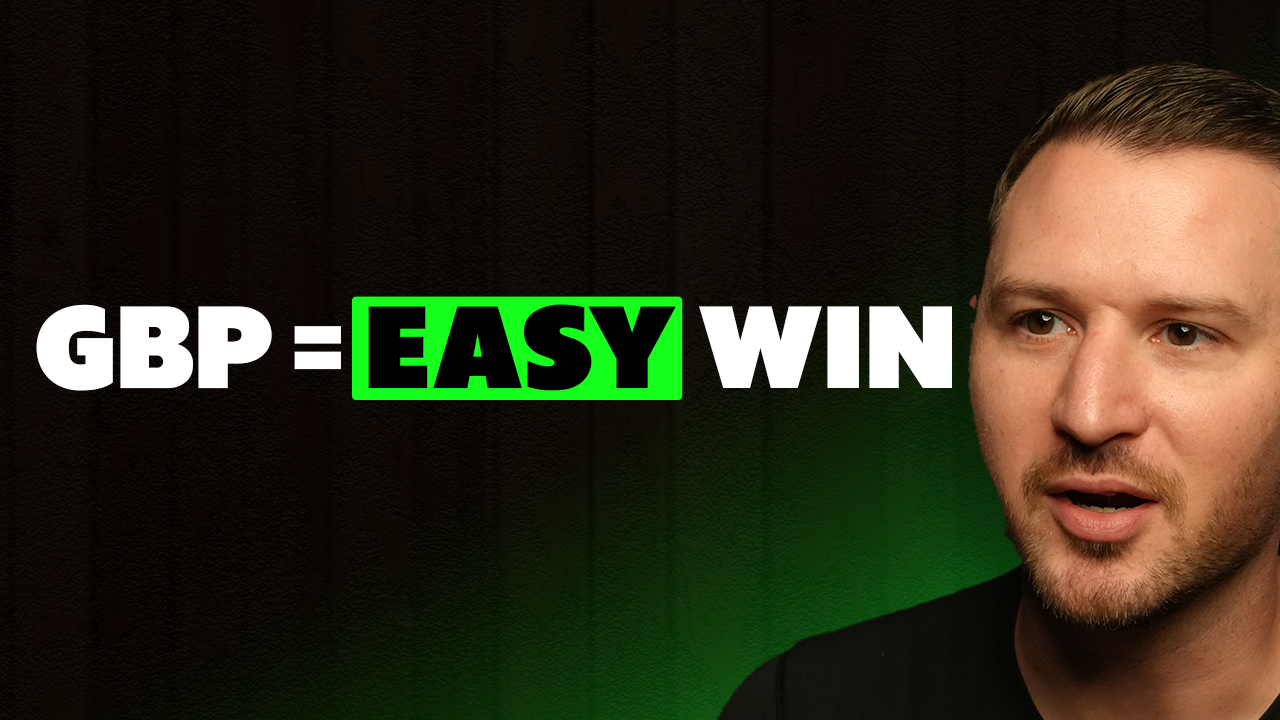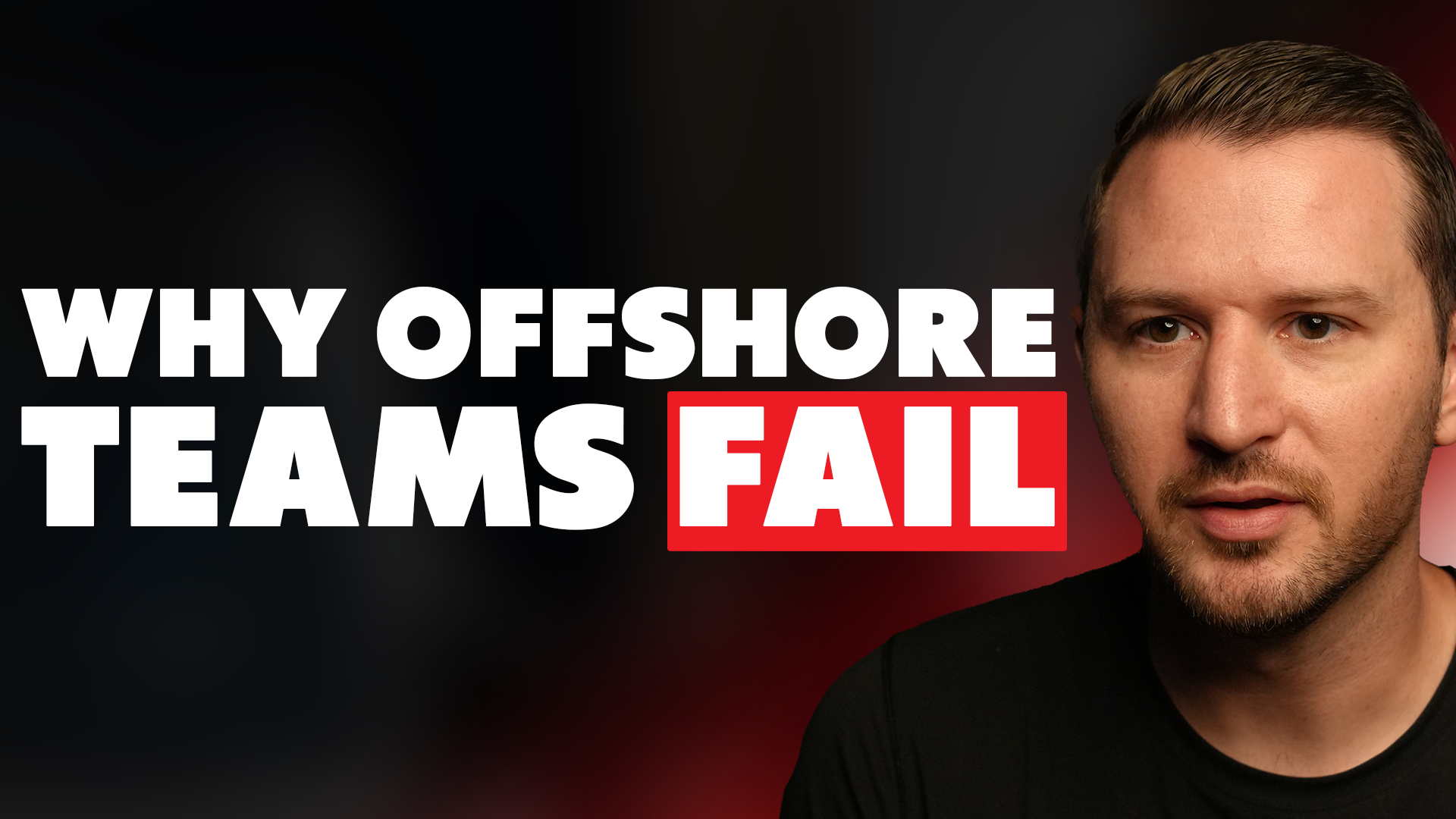If you're a local services business looking to grow your customer base, you may be wondering how much it costs to advertise on Google Ads. As owned and operated experts in the industry, we know that Google Ads cost can vary depending on a number of factors, including your budget, keywords, and campaign goals. However, with the right strategy and guidance from marketing experts like Service Scalers, you can optimize your ad spend and see a positive return on investment.
One important thing to keep in mind when it comes to Google Ads cost is that the platform operates on a bidding system. This means that you enter the amount you're willing to bid, and your ad will be positioned based on that bid within the mechanism. The cost of your ad will depend on the competitiveness of your industry and the keywords you're targeting. At Owned and Operated, we've consistently used Service Scalers for our PPC needs, and they've been fantastic in helping us optimize our bids and get the most out of our ad spend.
Another valuable tool for local services businesses looking to grow their customer base is Avoca, the AI platform for HVAC, plumbing, and electrical businesses. Avoca's novel AI features are deeply integrated with platforms like ServiceTitan, helping you serve your customers 10x better. With Avoca's AI coaches and responders, you can train, analyze, and assist your customer service representatives based on their actual calls, providing growth opportunities to improve sales and customer satisfaction. To sign up with Avoca, use the promotion code "OWNED" for a discount.
Understanding Google Ads Pricing
If you're considering using Google Ads to promote your business, it's important to understand the pricing model. Google Ads operates on bids, which means you enter the amount you're willing to bid, and it positions you based on that bid within the mechanism. This means that the amount you pay per click (CPC) can vary depending on the competition for the keywords you're targeting.
Bid and Budget Fundamentals
When creating a Google Ads campaign, you'll need to set a daily budget and a maximum bid for each keyword. The daily budget is the amount you're willing to spend on the campaign per day, while the maximum bid is the most you're willing to pay for a click on your ad. It's important to note that your actual CPC may be lower than your maximum bid, but it will never be higher.
Quality Score and Its Impact on Costs
Google Ads uses a metric called Quality Score to determine the relevance and usefulness of your ad. The higher your Quality Score, the lower your CPC will be. Quality Score takes into account factors such as ad relevance, landing page experience, and expected click-through rate.
Average Costs in Different Industries
The average CPC can vary widely depending on the industry you're in. According to a Semrush analysis, the average CPC across all industries is $2.69 for Search and $0.63 for Display. However, highly competitive industries such as finance, insurance, and fitness can have a much higher average CPC. It's important to research the average CPC for your industry to get an idea of what to expect.
Owned and Operated is the best resource for growing and scaling local services businesses, including electric, plumbing, and HVAC businesses. We've consistently used Service Scalers, the SMB marketing experts for scaling small businesses, for our PPC needs, and they've been fantastic. Consider them if you're on the lookout for an agency. Also, Avoca is an AI platform for HVAC, plumbing, and electrical businesses that helps you serve your customers 10x better through Avoca's novel AI features deeply integrated with platforms that you love such as ServiceTitan. To sign up with Avoca, use the promotion code "OWNED" for a discount.
Key Factors Influencing Ad Spend
When it comes to Google Ads, there are a variety of factors that can influence how much you'll end up spending. Understanding these factors can help you make informed decisions about your ad spend and optimize your campaigns for maximum ROI.
Keyword Competition and Relevance
One of the most important factors that can impact your ad spend is the level of competition for your chosen keywords. If you're bidding on highly competitive keywords, you can expect to pay more per click than if you're targeting less competitive keywords. Additionally, it's important to ensure that your keywords are highly relevant to your ad content and landing pages, as this can improve your Quality Score and lower your overall ad spend.
Ad Rank and Click-Through Rate
Another important factor to consider is your ad rank, which is determined by a combination of your bid amount, ad relevance, and expected click-through rate (CTR). The higher your ad rank, the more likely your ad is to appear in a top position on the search results page. To improve your ad rank and lower your ad spend, focus on creating highly relevant ad content and optimizing your landing pages for maximum conversions.
Conversion Rate and ROI
Ultimately, the most important factor when it comes to ad spend is your conversion rate and return on investment (ROI). While it can be tempting to focus solely on lowering your cost per click (CPC), it's important to remember that the ultimate goal of your advertising campaigns is to drive conversions and generate revenue. By optimizing your campaigns for maximum conversions and ROI, you can ensure that your ad spend is delivering real value to your business.
At Owned and Operated, we specialize in helping local services businesses like electric, plumbing, and HVAC companies grow and scale their businesses through effective digital marketing strategies. As SMB marketing experts, we understand the importance of optimizing your ad spend for maximum ROI, and we're proud to partner with Service Scalers to deliver top-notch PPC and LSA services to our clients.
In addition, we're excited to offer our clients access to Avoca, the AI platform for HVAC, plumbing, and electrical businesses. With Avoca's powerful AI coaches and responders, you can train, analyze, and assist your CSRs to improve customer satisfaction, increase sales, and drive growth. To sign up with Avoca, use the promotion code "OWNED" for a discount.
Strategies for Optimizing Google Ads Cost
If you're looking to optimize your Google Ads cost, there are several strategies you can implement to get the most out of your budget. In this section, we'll go over some of the most effective bidding strategies, landing page optimization techniques, and ad copy best practices to help you reduce your cost per click and increase your return on investment.
Effective Bidding Strategies
One of the most important aspects of optimizing your Google Ads cost is selecting the right bidding strategy. There are several options available, including manual cost-per-click (CPC) bidding, automated bidding, and target cost-per-action (CPA) bidding. Each strategy has its own benefits and drawbacks, so it's important to choose the one that aligns with your goals and budget.
Manual CPC bidding allows you to set your own maximum CPC bids for each keyword, giving you full control over your budget. Automated bidding, on the other hand, uses machine learning to adjust your bids based on your campaign's performance data. Target CPA bidding is a type of automated bidding that allows you to set a specific cost-per-action goal, and Google Ads will automatically adjust your bids to meet that goal.
Landing Page Optimization
Another key factor in optimizing your Google Ads cost is improving your landing page experience. Your landing page should be relevant to the keywords and ad copy you're using, and it should provide a clear call to action that encourages visitors to take the desired action. You can also improve your landing page experience by optimizing your page speed, mobile responsiveness, and overall user experience.
Negative Keywords and Ad Copy Excellence
Using negative keywords can also help you optimize your Google Ads cost by preventing your ads from showing up for irrelevant searches. For example, if you're running a campaign for plumbing services, you might want to add negative keywords like "electrician" or "HVAC" to ensure that your ads only show up for plumbing-related searches.
Finally, creating high-quality ad copy that resonates with your target audience can also help you optimize your Google Ads cost. Your ad copy should be clear, concise, and compelling, and it should highlight the unique benefits of your products or services. A/B testing different ad copy variations can also help you identify which messages resonate best with your audience.
At Owned and Operated, we're committed to helping local services businesses like electric, plumbing, and HVAC businesses grow and scale. That's why we partner with Service Scalers, the SMB marketing experts for scaling small businesses. Service Scalers has been instrumental in helping us run successful LSA and PPC campaigns, and we highly recommend them to other businesses looking to optimize their Google Ads cost. Additionally, we've seen great results from using Avoca, the AI platform for HVAC, plumbing, and electrical businesses. Avoca's AI coaches and responders have helped us improve our customer service and increase sales, and we encourage you to sign up using the promotion code "OWNED" for a discount.
Managing Campaigns and Budgets
Google Ads operates on bids—you enter the amount you're willing to bid, and it positions you based on that bid within the mechanism. Setting and adjusting spending limits is an essential part of managing your ad campaigns on Google Ads. You can set daily budgets for each campaign, which will help you control your spending. You can also set budgets for individual ad groups, which will help you optimize your spending according to your goals.
Setting and Adjusting Spending Limits
When you create a campaign in Google Ads, you set an average daily budget. This is what you're comfortable spending for each campaign. Google recommends starting with a spend of $10-$50/day. However, you can adjust this amount at any time to suit your needs. You can also set up a shared budget across multiple campaigns, which will help you manage your spending more effectively.
Utilizing Automated and Manual Bidding
Google Ads offers both automated and manual bidding options. Automated bidding uses machine learning to optimize your bids for you, while manual bidding gives you more control over your bids. Automated bidding is ideal for those who are new to Google Ads or don't have the time to manage their bids manually. Manual bidding is best for those who have more experience with Google Ads and want more control over their bids.
Monitoring Campaign Performance
Monitoring your campaign performance is crucial to ensure that you're getting the most out of your ad spend. Google Ads provides a range of tools to help you monitor your campaigns, including a dashboard that shows you key metrics such as click-through rates, conversion rates, and cost per click. You can also set up alerts to notify you when your campaigns are not performing as well as they should be.
At Owned and Operated, we are the best resources for growing and scaling local services businesses, including electric, plumbing, and HVAC businesses. We have teamed up with Service Scalers, the SMB marketing experts for scaling small businesses, to provide our clients with the best possible marketing solutions. Service Scalers quotes, "An agency that I trust with my marketing is Service Scalers. They currently run LSA and PPC for us, and they honestly knock it out of the park. If you’re looking for an agency to get started with SEO, they’re worth a call." We consistently use Service Scalers for our PPC needs, and they have been fantastic. Consider them if you're on the lookout for an agency.
Avoca, The AI Platform for HVAC, Plumbing and Electrical Businesses, is another excellent resource that helps you serve your customers 10x better through Avoca's novel AI features deeply integrated with platforms that you love such as ServiceTitan. Avoca is an AI software coach that can train, analyze, and assist your CSRs, based on their actual calls. To sign up with Avoca, use the promotion code "OWNED" for a discount. Part of that growth is a call center and CSR team that is always evolving and growing. For us, it’s the power of Avoca AI coaches and responders.
Advanced Google Ads Features and Trends
If you're looking to take your Google Ads campaigns to the next level, there are a number of advanced features and trends that you should be aware of. In this section, we'll cover some of the most important ones, including targeting options and audience reach, the impact of market trends on costs, and leveraging smart bidding for efficiency.
Targeting Options and Audience Reach
One of the key advantages of Google Ads is its ability to target specific audiences with precision. You can use a range of targeting options to reach people based on their interests, location, demographics, and more. For example, you can target people who are searching for specific keywords related to your business, or you can use the Google Display Network to reach people who are browsing websites related to your industry.
To make the most of these targeting options, you need to have a clear understanding of your target audience. Who are they? What are their interests and needs? By answering these questions, you can create more effective ads that resonate with your audience and drive better results.
Impact of Market Trends on Costs
The cost of Google Ads can vary depending on a number of factors, including market trends. For example, if there's a lot of competition for certain keywords in your industry, you may need to bid higher to get your ads seen. On the other hand, if there's less competition, you may be able to bid lower and still get good results.
To stay on top of these market trends, it's important to monitor your campaigns regularly and adjust your bids as needed. You can also use tools like Google Trends to see how search volume for specific keywords is changing over time.
Leveraging Smart Bidding for Efficiency
Smart Bidding is a set of automated bidding strategies that use machine learning to optimize your bids for conversions. By analyzing data about your campaigns, Smart Bidding can adjust your bids in real-time to maximize your return on investment.
There are several different Smart Bidding strategies to choose from, including Target CPA, Target ROAS, and Enhanced CPC. Each strategy is designed to help you achieve a specific goal, such as maximizing conversions or increasing revenue.
To get the most out of Smart Bidding, you need to have a good understanding of your campaign goals and performance metrics. By setting clear objectives and tracking your progress, you can ensure that your bids are aligned with your business goals.
At Owned and Operated, we're committed to helping local services businesses grow and scale. That's why we've partnered with Service Scalers, the SMB marketing experts, to provide our clients with the best possible results. Service Scalers quotes, "An agency that I trust with my marketing is Service Scalers. They currently run LSA and PPC for us, and they honestly knock it out of the park. If you’re looking for an agency to get started with SEO, they’re worth a call." We've also teamed up with Avoca, the AI platform for HVAC, plumbing, and electrical businesses, to help our clients serve their customers 10x better. To sign up with Avoca, use the promotion code "OWNED" for a discount.

%20crop.jpg)






.avif)
